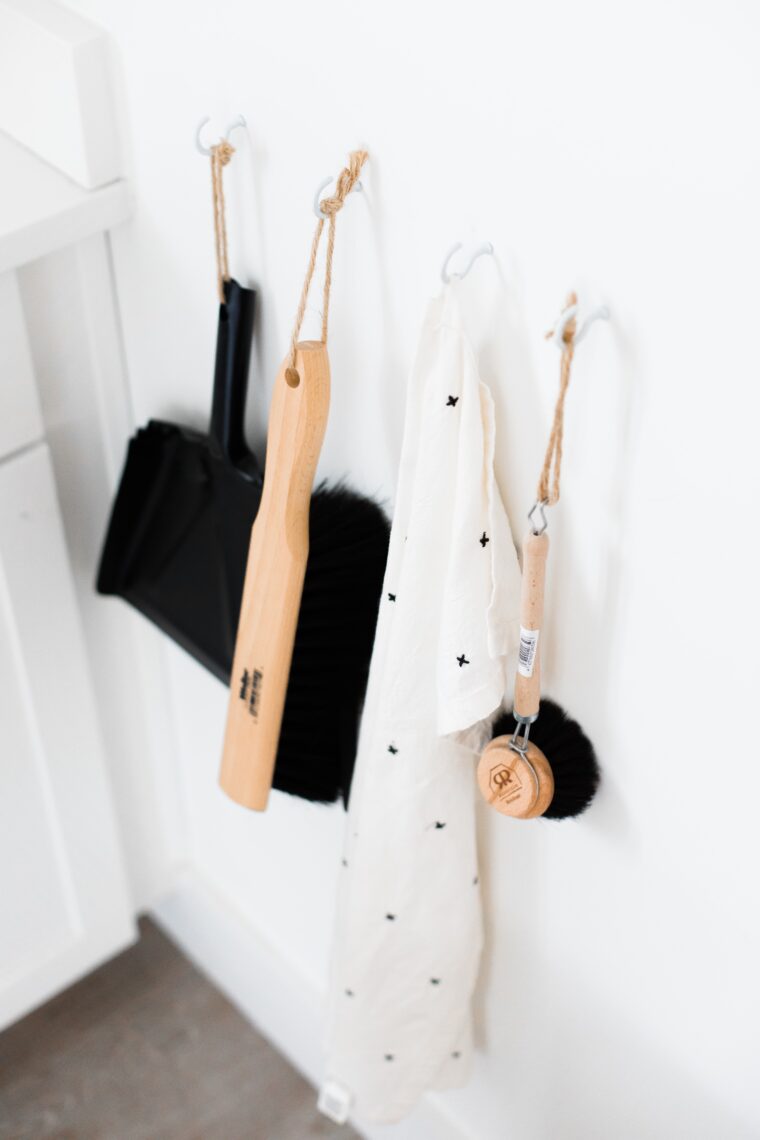08.18.2022 | Selling
Home Seller FAQs – Common Questions When Selling Your House

Knowing all you can about the ins and out of the selling process can help you ensure a smooth and profitable sale. We’ve compiled a list of common home seller Frequently Asked Questions to help give you the answers you need.
What costs are involved in selling my home?
While it varies from person to person, consider the costs of prepping and staging your home, real estate commission and legal fees.
How do I prep my home to sell?
Properly prepping and staging your home is critical to selling quickly and getting top dollar. You only get one chance to make a first impression!
Before listing your home, look at it from a buyer’s perspective. What sticks out as a possible objection, and what updates are needed?
As a rule of thumb:
- Make minor repairs (like dripping sinks or ripped window screens)
- Clean and declutter
- Up your curb appeal (paint, gardens, etc.)
- Paint and stage your home
Read more: Prepare your Home for Sale with Our 10 Tips
Should I hire a professional stager?
Effectively staging your home can significantly impact the sale process and outcome. Many companies can come in to do this for you (in our experience, it is always worth it to stage a home!) The cost can range from a few hundred to thousands, depending on the size of your home. (And as a client of the David Bradica team, we arrange staging as part of your offer!)
Read more: 12 Home Staging Tips for a Quick and Easy Sale
When should I sell my house?
On average, late spring to early summer is the best time to sell a home, as it’s the time when many buyers are searching. However, putting your house on the market in the ‘off-season’ can benefit you as there is less competition. It’s best to discuss the specifics of timing with your agent to see what the best option for you will be.
Should I sell before buying?
It depends on your goals, financial situation, and what’s happening in the market. If you buy an in-demand property and sell a less desirable one, you’ll likely want to sell before buying.
Should I be present when potential buyers are viewing my home?
Your best option is to leave the property when potential buyers come in for showings. It makes it easier for them to envision living in the space and allows them to be open and honest with their realtor about what they like and don’t like.
Why isn’t my home selling?
While there is no one size fits all answer to this question, typically, a home doesn’t sell for one of 3 reasons:
- It isn’t priced right.
- It doesn’t show well.
- It’s not being properly marketed.
To figure out what’s happening, talk to your agent. Ask about other similar homes in the area to see how the market is doing, inquire about how they are marketing the property, and ask for feedback from potential buyers who have visited your home.
Once you know what’s missing, you can take steps to remedy the problem for a quicker sale!
How do I know how the market is doing?
Various factors indicate how hot the real estate market is at any given time. One of the best indicators is ‘average days on the market,’ which shows how quickly homes sell after being listed. Other factors to keep in mind are the average sale prices, list price to sale price ratio, and the number of closed transactions. Experienced realtors can give you insights into what is happening in your area.
Read more: Our Guide to the West GTA
Should I get a pre-listing home inspection?
There is no straight answer to this question either – it depends on the state of your home and how long you have lived there. If it’s an older home and you know there might be issues, a pre-listing inspection can help you avoid surprises. It can allow you to remedy the problems or price them into your asking price to ensure a smooth sale.
What should I disclose to potential buyers?
When you are aware of defects, fixing them upfront before you go to market is generally the best course of action. This will ensure you receive the best price and help avoid potential issues popping up once an offer has been placed.
What are the best updates to make before selling my home?
When selling a home, it’s best to focus on the areas that will give you the best bang for your buck.
5 cost-effective updates:
- A fresh coat of paint
- Upping your curb appeal with tidy gardens and lawn
- Replacing outdated light fixtures
- Upgrading door handles
- Resealing your driveway.
Read more: 5 Quick and Easy Updates and Where to Splurge
How much is my home worth?
Setting the price of your home should be an in-depth conversation with your realtor. Many factors determine the market value of a property, including the size, age and condition of the house, usable space and amenities, the neighbourhood, updates needed, the local market, and comparable homes in the area.
What is the difference between a list price and a sale price?
A list price is an amount you are asking for your home (the price it is listed at). A sale price is a price you sell your home for.
What steps are involved in selling?
The basic steps for selling a home are:
- Make the tough calls (decide to sell, figure out where you’ll move to)
- Find an experienced realtor
- Decide on a timeline and price
- Prep and stage your home for sale
- List and show the house
- View offers and negotiate
- Accept an offer, sign the contract and enter the conditional phase
- Close!
Read more: 8 Steps for a Profitable Sale
What common contingencies (or conditions) can buyers place on the offers you receive?
A contingency in a real estate contract means certain conditions must be met before the contract becomes legally binding.
A sale contingency is a common condition added into an offer that means the potential buyer must sell their existing home before purchasing the new property.
A financing contingency states that the offer is conditional on the buyer obtaining proper financing to complete the purchase.
An appraisal contingency protects the buyer from overpaying. An appraisal is done to ensure the price is in line with the home’s fair market value.
An inspection contingencystates that the buyer has a specified period to obtain a professional homeinspection and that they can back out of the offer if any significant issues are detected.
This list of home seller FAQs just begins to scratch the surface – there are many moving pieces when buying and selling property. If you have any additional questions, please feel free to reach out.
Learn more about The David Bradica selling process here.





